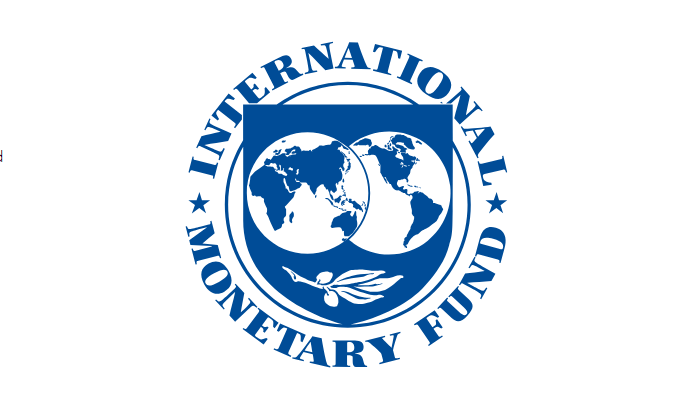TASHKENT, Uzbekistan, August 13. As part of its
broader economic transformation, Uzbekistan is steadily advancing
reforms in its banking sector aimed at strengthening financial
supervision, enhancing institutional independence, and aligning
with international best practices, Trend reports, citing the latest IMF
report.
Since the adoption of the revised Central Bank Law in 2019, the
Central Bank of Uzbekistan (CBU) has gained greater autonomy, with
a clear mandate to maintain price stability and ensure the safety
and soundness of the banking system. This legislative change marked
the beginning of a gradual but resolute effort to modernize the
country’s financial regulatory framework.
The Government’s Banking Sector Reform Strategy, launched in
2020, laid the groundwork for privatizing state-owned commercial
banks and introduced a competitive operational model. Building on
this progress, the CBU adopted its Guidelines on Risk-Based
Supervision (GRBS) in December 2023 — a major milestone signaling a
shift from compliance-driven oversight to a forward-looking,
risk-sensitive supervisory approach.
The new supervisory methodology was piloted on four banks in
2023, expanded to 14 banks in 2024, and is expected to cover all 36
banks operating in Uzbekistan by 2025. However, this transition
remains complex and resource-intensive. Supervisory staff are still
developing expertise with the new approach, and achieving
consistency in evaluations across teams continues to be a
challenge.
At the legislative level, several significant reforms are
currently under parliamentary consideration. These include the
creation of a Financial Stability Board, with the CBU designated as
the Resolution Authority, and reforms to the deposit insurance
system. Notably, deposit protection would be extended to legal
entities with coverage capped at 200 million soums ($18500), and
compensation timelines would be shortened to seven days, critical
steps toward boosting public confidence and enhancing the sector’s
resilience.
Nevertheless, challenges remain. While the CBU’s independence is
guaranteed by law, its autonomy is partially constrained by other
regulatory mechanisms. For instance, the Law on Normative Legal
Acts requires the CBU to obtain approvals from the Chamber of
Commerce and Industry and the Ministry of Justice before issuing
new regulations — a process that can hinder timely responses to
emerging risks. Additionally, the Chamber’s representation of
private sector interests may present potential conflicts in the
regulatory process.
Further strengthening of the supervisory framework is necessary.
Climate-related risks and operational resilience have yet to be
fully incorporated into supervisory assessments. Consolidated
supervision — essential for overseeing banking groups and
affiliates- has not yet been implemented. Off-site supervision,
particularly in corporate governance, remains underdeveloped, and
supervisory reporting standards are not fully aligned with
international accounting norms.
Although Uzbekistan has officially committed to transitioning to
the Basel III framework, this process is not complete. Capital
definitions and risk-weighting methodologies still diverge from
Basel standards, and key capital instruments such as subordinated
debt may not meet loss-absorption criteria. The identification of
seven domestic systemically important banks (D-SIBs) represents
progress, but additional capital buffers and resolvability
assessments have yet to be introduced.
Simultaneously, the CBU is working to enhance risk management
practices across the banking sector. New regulatory amendments,
effective April 2025, will expand the definition of market risks,
elevate interest rate risk in the banking book as a standalone
category, and introduce more rigorous risk appetite frameworks.
However, implementation is still in its early stages.
Operational continuity oversight is another area needing
improvement. The CBU has yet to assess banks’ capacity to maintain
critical operations during disruptions, and there are no formal
regulations addressing outsourcing or third-party risks, important
gaps given the growing digitalization and interconnectedness of the
financial system.
To address these structural weaknesses, a new draft law on the
resolution and liquidation of banks is under preparation. It aims
to define clear crisis management protocols and institutionalize
the CBU’s role in managing systemic risks. This law is expected to
provide a solid legal foundation for recovery planning,
particularly for systemically important institutions.
Overall, Uzbekistan’s banking reforms are moving in the right
direction, but further legal, regulatory, and institutional
enhancements are essential. Strengthening supervisory independence,
fully implementing risk-based frameworks, and aligning with global
standards will be vital to building a stable, resilient, and
market-oriented financial system that supports sustainable economic
growth.
